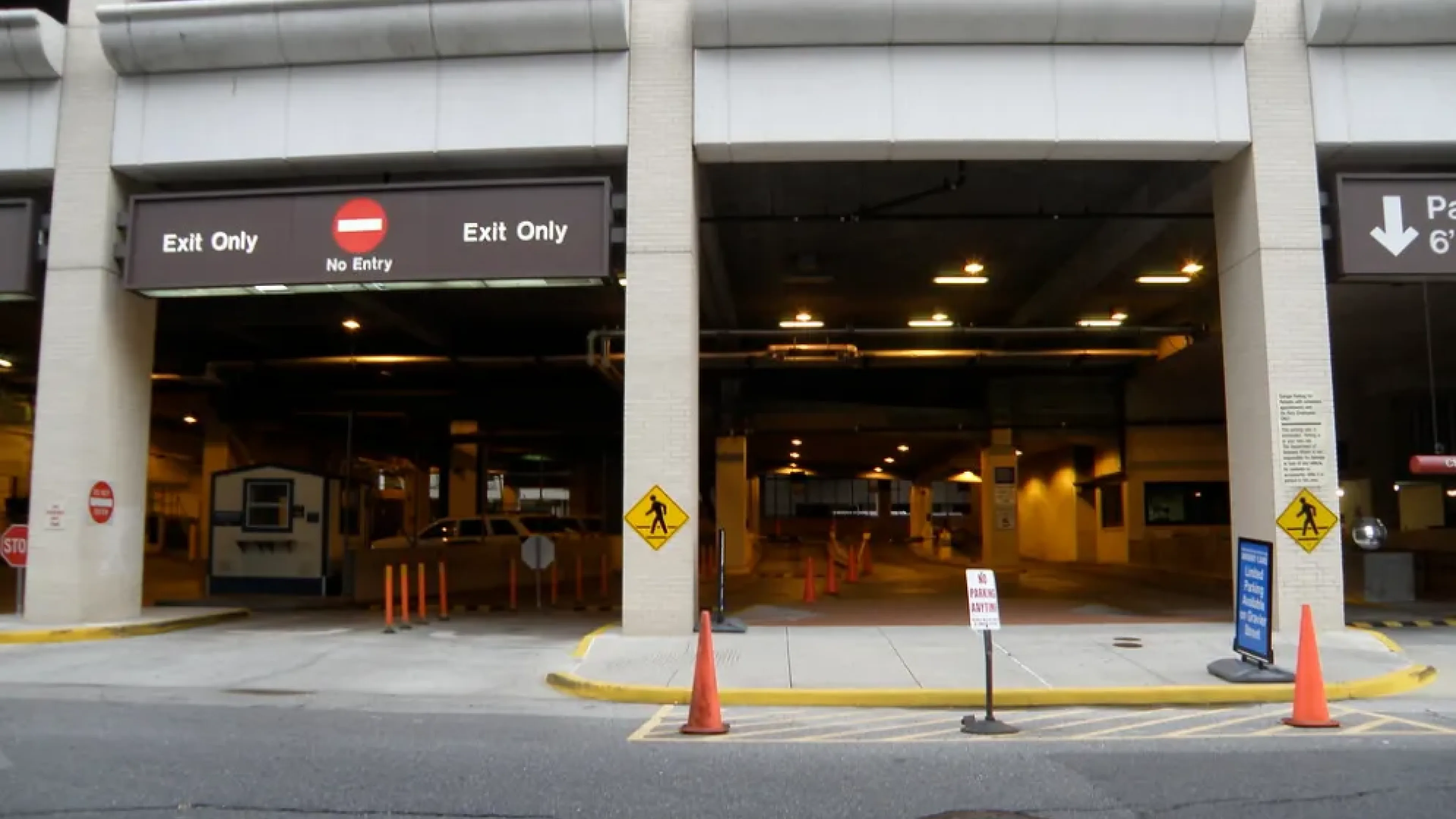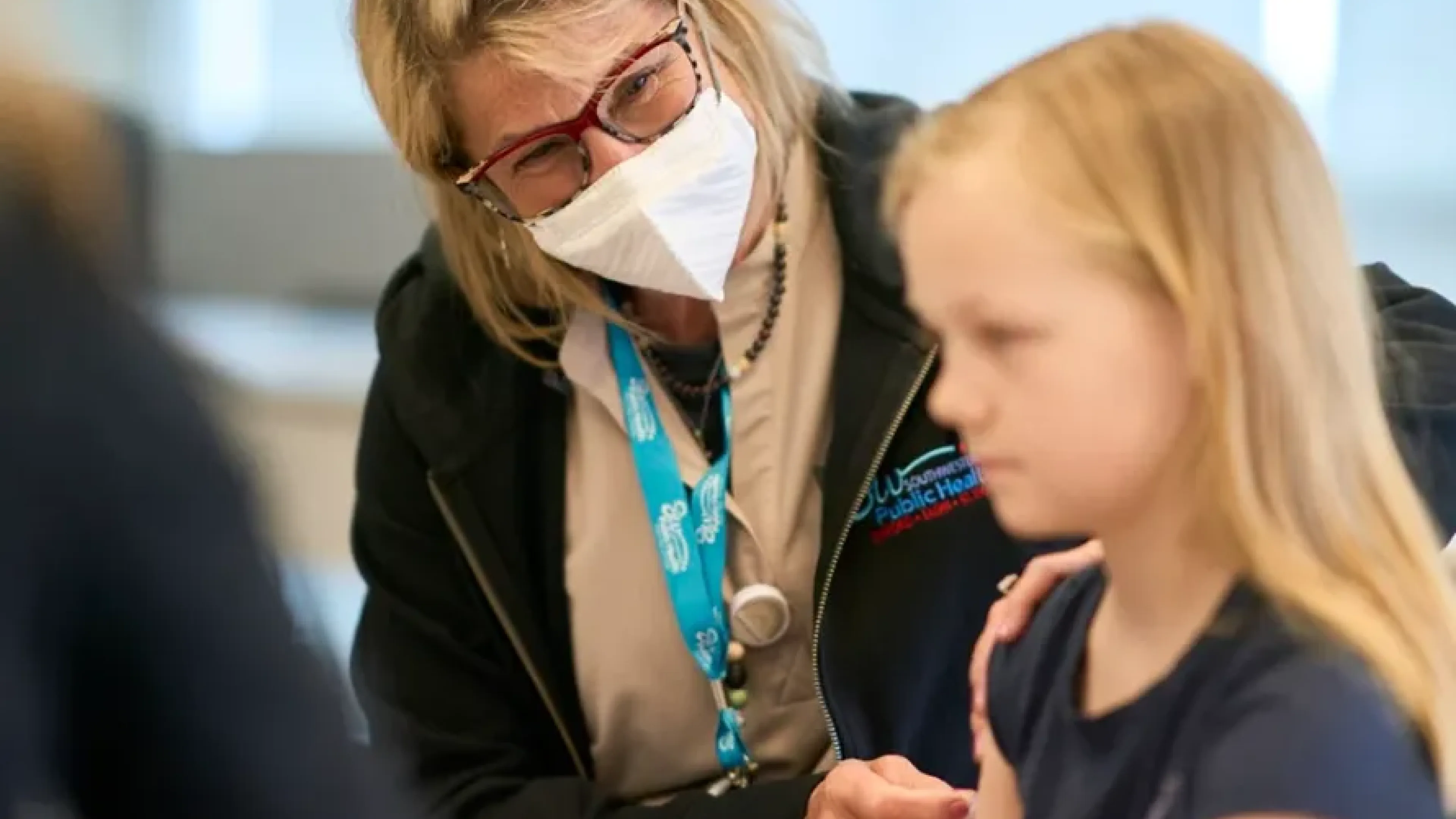You’re reading the web version of our email briefing on health policy, science and medical news. Sign up to get it next week.
Hi Healthwatchers,
This week’s top story is something many of us have grumbled about: hospital parking fees. But behind the grumbling is a valid debate about fairness, funding, and access to care.
Hospitals (and Ontario’s health minister) say parking revenue is needed to maintain service quality. But is it?
What’s missing from this conversation is a sense of how much of hospitals’ annual revenue actually comes from parking fees. Let’s change that.

Nova Scotia’s PC government scrapped hospital parking fees last month, sparking an opposition push to follow suit in Ontario. The province isn’t friendly to the idea.
What to know: The Ottawa Hospital made $25.5 million in parking fees last year. It’s a record — but that’s still just 1.31 per cent of TOH’s $1.95 billion in revenue. Financial statements from other Ontario hospitals show that parking fees make up around 0.6–1.5 per cent of total revenues.
“People have to go to the hospital to see their loved ones, and they’re paying extraordinary fees to park there when they have no other option,” said ONDP Leader Marit Stiles. Health Minister Sylvia Jones said parking revenue is essential to maintain Ontario hospitals’ “world-class access.”
Nova Scotia, meanwhile, now fully reimburses hospitals for lost revenues at a cost of $19 million per year. Last month’s rollout hit a predictable hitch as parking shortages became a major issue for hospital staff in Halifax. The province is now spending $1 million to build staff-only lots to meet the increased demand for spaces.
Let’s put these numbers in context. Ontario is losing a quarter billion in annual tax revenue as a result of its alcohol liberalization policies, according to estimates from the Financial Accountability Office. The question is not whether Ontario can eliminate hospital parking fees — it can — but whether it’s willing to.
Read more…

The Canadian Medical Association is taking the Alberta government to court, arguing Smith’s ban on gender-affirming care for youth violates physicians’ Charter rights.
Why it's important: If you’re not particularly attuned to the plight of trans youth it might be easy to write this one off. But while this is very much a trans rights issue, it’s also an everyone’s rights issue. If a government can block one type of medical care by decree, then it can block others.
In a statement, the CMA called the ban an “unprecedented government intrusion into the physician-patient relationship.” A doctor involved in the case says it strips physicians of their professional autonomy and denies patients evidence-supported care. "There's good evidence behind what we're doing. There are guidelines that we follow. Nobody's making decisions willy-nilly."
Read more…

A new study traced the global production journey of a single drug (clonazepam), finding a deeply convoluted supply chain few patients or policymakers ever see.
Why it's important: Drug supply chains are long, secretive, and quite vulnerable, especially as political barriers and tariff threats mount.
The route is astonishingly complex. Researchers struggled to track it, despite clonazepam being a common generic drug with multiple manufacturers. The process is largely opaque, and the entire system is susceptible to even small supply shocks. As Trump floats new tariffs on imported drugs, Canada has little visibility into how or where our medications are made, and no national strategy for what happens when these systems break.
Read more…

Amid Canada’s largest measles outbreak in decades, B.C. says it won’t mandate the MMR vaccine for students. Instead, it’s relying on voluntary uptake and reactive outreach.
Why it's important: Measles is one of the most contagious diseases on earth, and experts say B.C.’s “wait and respond” strategy puts the most vulnerable at risk.
Retired emergency doctor Lyne Filiatrault says public health needs to “have the guts to say, ‘If you want to go to school, you need to be vaccinated.’” B.C. is already seeing clusters in under-vaccinated regions close to Alberta’s outbreak epicentre.
Next door, 535 of the province’s 724 confirmed cases have been in kids and youth under 18. And in the town of Taber, doctors say nearly every suspected case is testing positive. Some kids have required intubation, and ER volumes are described as “nearly unmanageable.” The outbreak is expected to last for months.
With upticks in travel-related transmission, the U.S. CDC now recommends all international travelers get a measles vaccine, regardless of destination. Filiatrault says if B.C. doesn’t act before September, it won’t just be unprepared for the next big outbreak — it’ll be laying the groundwork for measles to become endemic again.
Read more…
And that’s it for the week.
These stories have me thinking: Public health really does take guts.
As we witness the systematic dismantling of health protections across the border, it's clearer than ever that protecting people's health means stepping up, even when it’s unpopular, inconvenient, or politically risky. It takes bravery.
See you in a week,
Nick Tsergas, Editor
Canada Healthwatch
[email protected] | canadahealthwatch.ca
Stay informed.
On the most important developments in Canadian health.
Get Canada’s essential briefing on health policy, science, and system change. Get Briefing